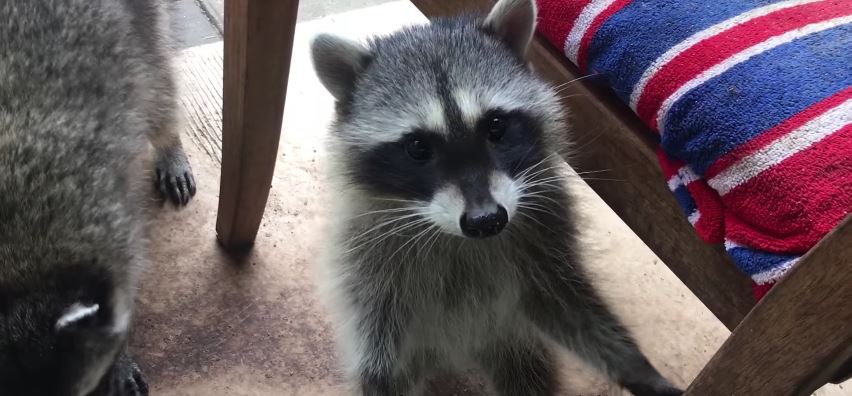Do Mothballs or Ammonia Help Repel Raccoons

So you have had a raccoon problem during the past winter and had all of your garbage torn up and spilled across your garden or spent a day cleaning your attic from raccoon’s feces and urine. Maybe you just read the damage a raccoon could cause to your property, and you are looking into possible ways to prevent them from even having the idea to set up their nest in your house. It is understandable as raccoons are one of the biggest nuisances when it comes to wildlife and you would potentially have to make a lot of effort to deal with the consequences rather than prevent it from happening.
You Heard of Repellents
Raccoons have adapted to the urban environments and are known to take shelter in human’s property and survive by “stealing” their food sources. For a pest, they are quite intelligent, so it would be no surprise if you find a raccoon in your attic, your chimney or your basement. Raccoons are known to fight with pets and to contaminate your pool’s water for example. While repellents are a good way to deal with many other types of pests, raccoons are something quite different, and you will most likely be disappointed by the answer. The better action would be to remove anything which might attract them. Nevertheless, let’s discuss the effect of mothballs and ammonia when it comes to raccoons.
Mothballs
Right off the bat, I want to state that this is most likely the worst possible way to deal with raccoons. Mothballs, as suggested by the name, are balls made of naphthalene. They are quite cheap, and their odor is absolutely terrible. The worse it smells, the better effect it should have, right? Wrong. The only thing the mothballs do is poison the environment in which they are set. First of all, we don’t suggest that you kill any pest you are dealing with, and in this scenario even if you ignore our advice a mothball will still be ineffective. A raccoon would never leave its habitat just because of a bad odor.
Ammonia
Even though raccoons will go through your trash cans, they are actually very clean animals. The main reason ammonia would even be suggested as a repellent is the fact that it is contained in the urine. Raccoons will generally not urinate near their nests or dens and the places they eat. Placing ammonia dipped items in their nests or your yard might cause them to leave but overall that is quite unlikely to make them flee from their den. It might, however, cause them to not mess with your yard.
The fact is there is no repellent which is actually effective versus raccoons. Other suggestions would be onion, hot pepper, and others, all of which we won’t go through just because they would be a waste of your time. If you want to prevent raccoons from coming to your property, you should aim to set up an environment which doesn’t attract them.
Read the How to get rid of raccoons page for helpful information and to learn more about Do Mothballs or Ammonia Help Repel Raccoons

